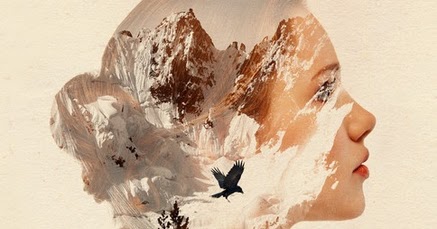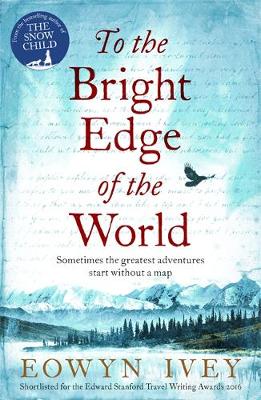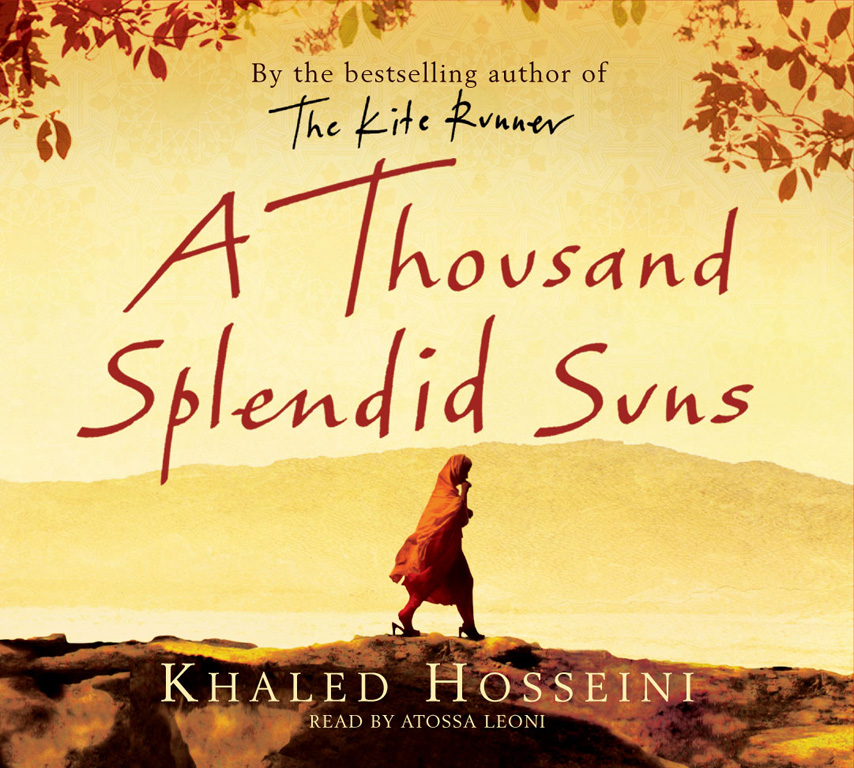Based at the end of the 19th century, To the Bright Edge of the World is a tale of exploration of the newly-acquired Alaskan territory by the US government. Its a story of two halves; Allen, the expedition leader whose mission is to journey up the Wolverine river and his wife, Sophie, who is left behind at the Vancouver barracks.
The novel has been critically acclaimed, with Ivey’s use of diary entries supposedly adding depth with excellent authorial tones, and the descriptive hardships of the Alaskan wilderness providing the contrasting grit and moodiness that shape the novel. I will say from the outset, that I simply did not feel this way about this book.
Ivey’s descriptions of Alaska are wonderful; from the landscape to the native indians residing there and the mystical beliefs the explorers encountered and dealt with during their time there. But it is the diary entries from Sophie that, for me, let this book down. They are excessively long, contain letters from other minor characters that are full of technical details about photography and do little to progress the story. Sophie’s character is curious, but the trivialities of her socialite life in Vancouver only serve to detract from Allen’s adventures and hardships, not to bolster them. Whilst Sophie’s diary entries give the reader an insight into the life of a privileged newlywed in that era and the social attitudes of the time, Ivey could quite easily have cut Sophie out of the book entirely; for me, the intrigue lay solely with Allen in Alaska and I found myself quickly reading or even flipping through Sophie’s rather tedious writings.
Allen’s task is gripping from the very beginning. His mission seemingly impossible, not least due to the environment and weather conditions he finds himself in, but the constant threat of violence he has been warned to expect from the native indians. As a character, Allen is professional; he is a soldier sent to map the territory and that is what he intends to do. His emotions rarely go deeper than to describe his surroundings and his sense of unease or surprise. He is not a dramatic man, and that is perhaps why I find him more endearing and believable. I almost forgot I was reading a diary entry on many occasions, and felt as though I was there seeing it through his eyes and could form my own emotions from it.
What really brings this story to life is Ivey’s reference to the mystical; occurrences that Allen and his men cannot explain, but that fill them with a mix of trepidation, awe and fear. Men who are otters, women who bring fog in their wake and babies born of trees. The weather inducing hallucinations and crippling anxiety of encountering cannibals. And the raven; the harbinger of death in human form. Subtle references yet magical, giving the reader a sense of the otherwordly, untouched wildness of Alaska.
My love of adventure and exploration was satisfied with To the Bright Edge of the World, but it was not a fictional masterpiece. Too many pieces were missing to make it a completely rounded story in its own right; Sophie’s character and her position should have been stronger if it were to feature at all. All of those pages lost to her could have been utilised to bring more emotion and suspense to the goings on in Alaska.
Worth a read, if you can get past the first few chapters.



